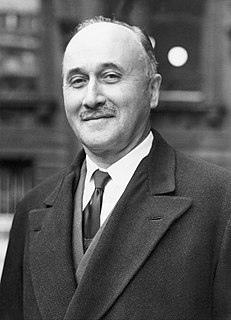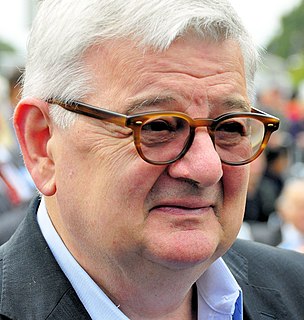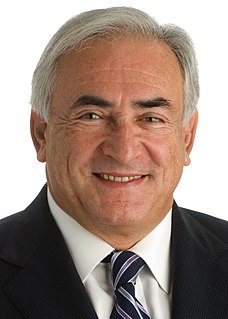A Quote by Richard N. Haass
Sovereignty must be redefined if states are to cope with globalisation.
Quote Topics
Related Quotes
In
the creation of the federal government, the states exercised the
highest act of sovereignty, and they may, if they please, repeat the
proof of their sovereignty, by its annihilation. But the union possesses
no innate sovereignty, like the states; it was not self-constitute d; it
is conventional, and of course subordinate to the sovereignties by
which it was formed.
The concept of national sovereignty has been an immutable, indeed sacred, principle of international relations. It is a principle which will yield only slowly and reluctantly to the new imperatives of global environmental cooperation. It is simply not feasible for sovereignty to be exercised unilaterally by individual nation states, however powerful. The global community must be assured of environmental security.
There is no attribute of God more comforting to His children than the doctrine of Divine Sovereignty. Under the most adverse circumstances, in the most severe troubles, they believe that Sovereignty hath ordained their afflictions, that Sovereignty overrules them, and that Sovereignty will sanctify them all.
There will be no peace in Europe if the States rebuild themselves on the basis of national sovereignty, with its implications of prestige politics and economic protection... The countries of Europe are not strong enough individually to be able to guarantee prosperity and social development for their peoples. The States of Europe must therefore form a federation or a European entity that would make them into a common economic unit.






































